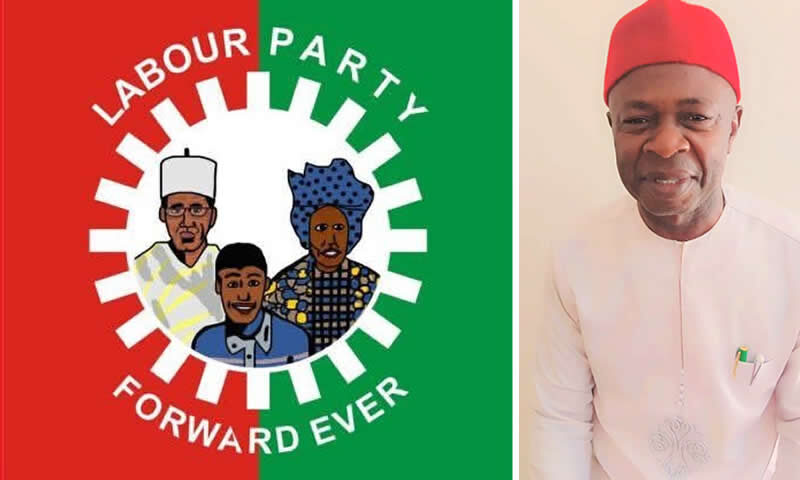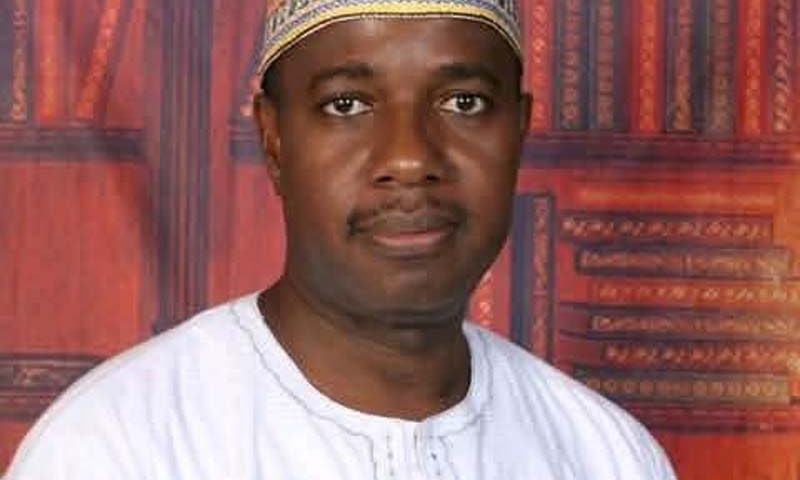By Francis Nwaolisa
“Poverty in Nigeria evinces certain characteristics worth noting and which contribute to the inflammatory nature of its politics. However, Nigeria is no longer poor, irresponsible domestic policies, consign the majority of her citizens to poverty”
As at 2018, Nigeria had a PPP per capita GNI of $5,700 and a nominal per capita GNI of $1,960. Per the World Bank, global income categories are split in four: High Income, Upper-middle Income, Lower-middle Income and Low Income. They are measured respectively as ranging above $12,375 for High Income countries; $3,996-$12,375 for Upper-middle Income countries; $1,026-$3,995 for Lower-Middle Income countries and less than $1,025 for low income countries. Nominal measurements portray the number of international goods a country or an idealised citizen’s earning power can purchase; Purchasing Power Parity measurements, in contrast, measure the number of local goods that can be purchased. By neither measurement is Nigeria poor.
At this point, it is worth emphasising that this is a snapshot of the country’s current economic production, it makes no predictions about future output. Also, per capita measurements are idealised, in the sense that they assume equal distribution. That is not feasible in a capitalist system, less so in Nigeria’s particular brand of capitalism. The Gini Coefficient measurement purports to describe each country’s level of equality. It ranges from 0; a state of perfect equality, to 1; a state of total inequality. Roughly the extremes of nobody owning anything and one person owning everything.
The most recent measurements of Nigeria’s GINI coefficient puts it at 0.43. Higher than the UK and USA, despite their much greater GNI. Imagine the British rich eating most of their cake while our rich eat most of our doughnut. Also, bear in mind, that figure comes from 10 years ago, a time of 7% growth, in contrast to today’s doddering 2%. Also, the conflicts in the country’s North East and Middle-Belt had yet to metastasize. Regardless, it is fairly obvious that Nigeria is a highly unequal country. For example, depending on where you look, between 60–80 per cent of the country subsists on less than $1 a day. To keep things clean, let us assume a dollar, that is still $365 a year. 60-80% of the country, in other words, are not just low-income, but some of the poorest on the planet. That also explains the marked disparity between the country’s PPP and nominal figures; well off Nigerians can purchase little internationally, but a lot locally because the much poorer Nigerians charge little for their production and service.
Poverty in Nigeria evinces certain characteristics worth noting and which contribute to the inflammatory nature of its politics. The South is richer than the North, Christians are on average richer than the Muslims, and Lagos is the richest area in the country. Poverty in the country should also be thought of as chronic or transient. Take two poor Muslims born in the country’s poorest region: the North-East. Both are born in chronic poverty. Their fathers lost their jobs due to the combination of the death of rail and Chinese competition wiping out their erstwhile steady mining and textile jobs. Both chaps move to Lagos, one joins the civil service as a security man; the other becomes a porter ferrying goods in one of the major markets. The former has lucked into a slippery hold on the ladder: transient poverty; the latter is likely to be stuck in generational chronic poverty.
..life is full of surprises and the Nigerian safety net is full of holes, delayed salaries are often met with a spate of suicides.
The recently legislated minimum wage is N360,000 per annum; $993 at current exchange rates, about three times the rate earned by poorest Nigerians. As the civil servant climbs grades 1–5 and depending on their ambition, perhaps even earning a conversion to the officer cadre, they move from low income to lower-middle-income. Assuming they avoid ill-health and take advantage of the heavily subsidised Federal Educational system, they might never dip back, permanently, into chronic poverty. Maybe, a brilliant educated child might even boost the family’s prospects by getting a middle-class job. But life is full of surprises and the Nigerian safety net is full of holes, delayed salaries are often met with a spate of suicides. Wrong move. The loss of a breadwinner often pulls children from school and consigns the entire family to chronic poverty. Back to our porter, he doesn’t stand much of a chance. His job is reliant on strength, and although much more than he could have earned back home, life in Lagos is more expensive too. He sleeps in the markets on his basket. If he picks up a drug habit, his suffering will be brief; if he has children, the best they can look forward to is a life much like their Father’s. The ladder does not extend that far.
The importance of State jobs and its educational system to avoiding falling into chronic poverty has made it a source of increased competition. Southerners, in general, feel that the Northerners use their political heft to maintain ‘Federal Character’ legislation guarantying them equal access despite Southerners’ tendency to score higher and the fact that it is the country’s economic engine. The competition is best exemplified by the imagery of tens of thousand young Nigerians jostling for Civil Service job vacancies open for hundreds. The solution seized on by the politicians has been highly regressive, despite their claims. They have opted for the establishment of more institutions; thus we have more agencies and State-owned universities than ever. Less remarked on is their quality. That has led to a continuous increase in recurrent expenditure at the expense of capital expenditure. Worse, it has led to an increasing deficit and renewed borrowing abroad. All this at a time of declining income from the government’s primary source of income: oil revenue. The solution has been an increase in taxation, and as those are the easiest to collect, the government has mulled increases in VAT and stamp duty on electronic transactions. Besides, a protectionist policy, ostensibly to ‘create jobs’, has made food prices more expensive. Meanwhile, the country’s continued tax-breaks and various policies favouring the richest black man in the world, have conspired to leave Nigerians paying the highest cement prices in the world. The result is more slums and poorer Nigerians.
The nature of wealth and poverty in Nigeria today is best encapsulated by the Senator majority whip. An ex-governor, he was convicted of roughly $21 million fraud involving his state’s finances. The Senate’s response was: Orji Kalu will receive full salaries, allowances in prison – Senate
. His case aside, Nigerian legislators are by all accounts some of the highest-paid in the world, earning by some accounts as much as $200,000 per annum. In Nigeria, some earn $993 while others earn $200,000 to ‘represent’ them. Not satisfied, they rob national resources dry. In sum, Nigeria is no longer poor, irresponsible domestic policies, however, consign the majority of her citizens to poverty.






